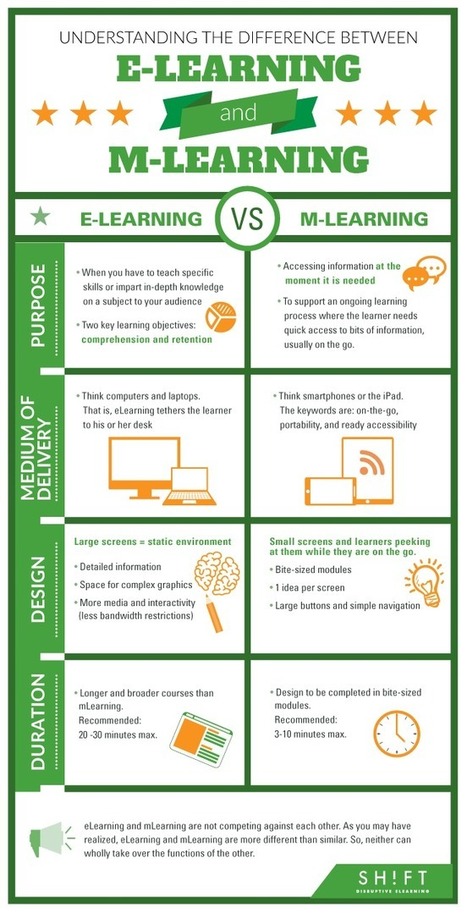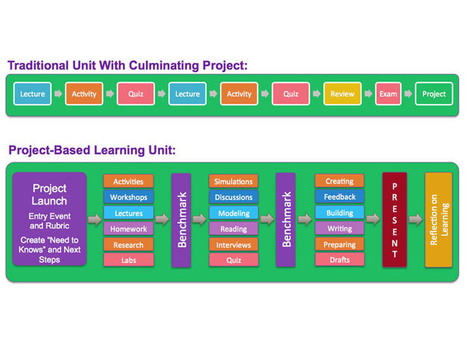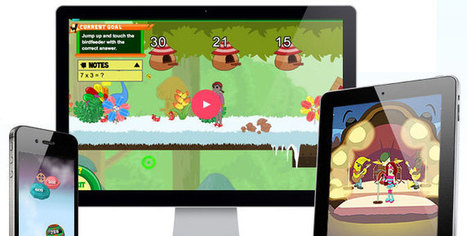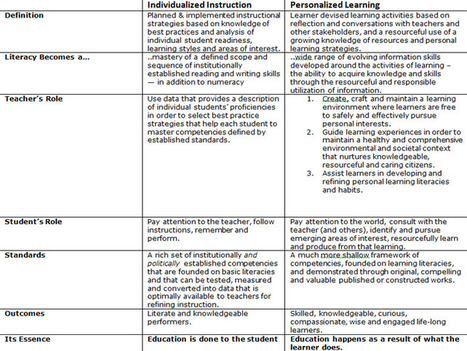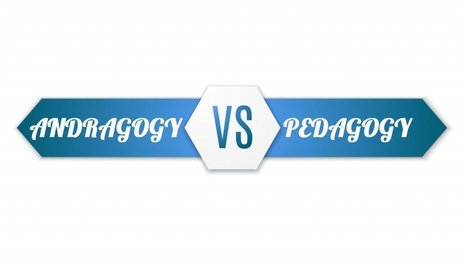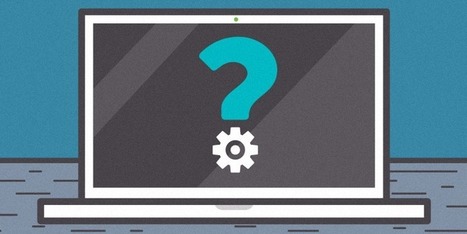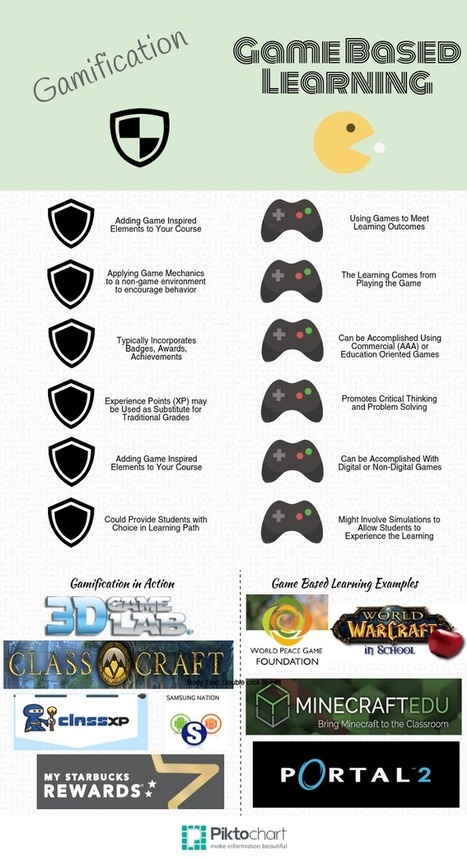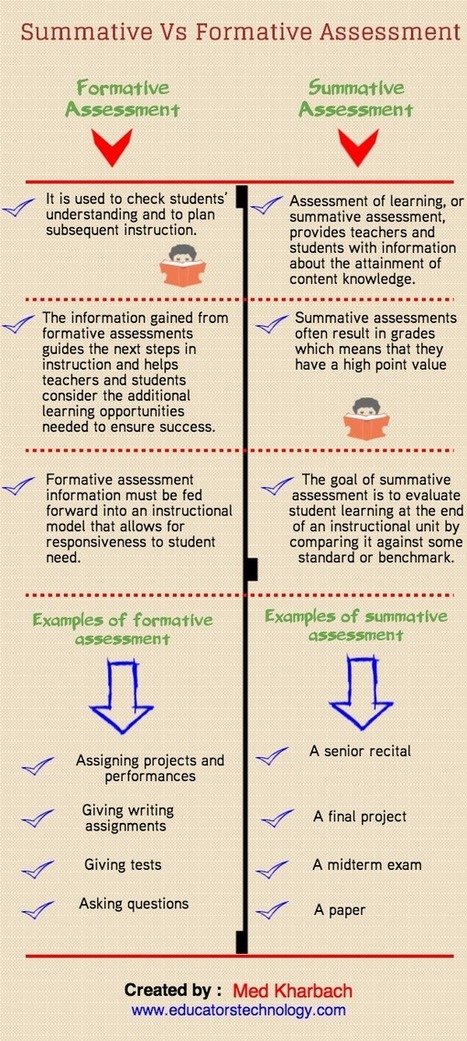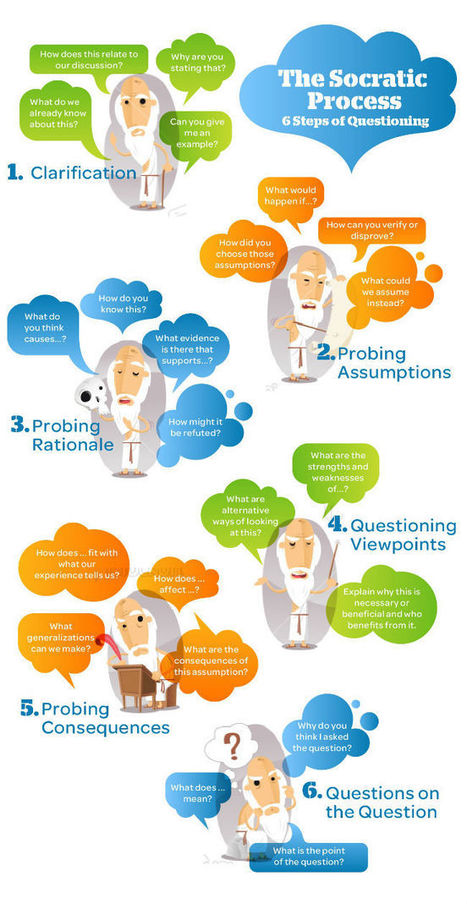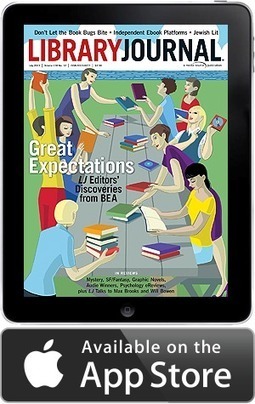Amid talk of pandemics and economics, it may seem like a comparatively minor discussion to have: the difference between remote learning and online learning.
But, with COVID-19 forcing schools around the nation to move their classrooms online and more and more scrutiny leveled at the sustainability of doing so, it’s a conversation that education experts increasingly insist should happen. Making the distinction, some say, could shape the future of online learning for years to come.
Get Started for FREE
Sign up with Facebook Sign up with X
I don't have a Facebook or a X account
 Your new post is loading... Your new post is loading...
 Your new post is loading... Your new post is loading...
|

Debbie Cottrell's curator insight,
July 24, 2015 3:22 PM
A great basic article explaining the difference between Flipped and Blended Learning.

Stephen Reid's curator insight,
January 20, 2015 6:07 AM
One of the most common questions I am asked by educators wishing to use games in their lessons...This is a great article for answering such enquiries. 
Alex Enkerli's curator insight,
January 30, 2015 2:19 PM
To promote proper technopedagogy, let’s lift the confusion between Gamification and Game-Based Learning. #OpenBadges

SLS Guernsey's curator insight,
July 10, 2014 1:08 PM
This makes interesting reading. I think that both are important in their own way so you really should be teaching both. 
Maria João Loureiro's curator insight,
July 12, 2014 8:24 AM
Embora não esteja focado na escrita académica, tem pistas que podem ajudar, uma delas passa por "criar visualizações" do texto (que pode ser muito útil para quem tem estilos mais visuais se forem imagens). Junto a sugestão de fazer tabelas que ajudem a sintetizar as leituras e facilitem recuperar as fontes de informação e o seu cruzamento. .
Caitlyn Tumo's curator insight,
April 10, 2014 11:04 AM
This website does a great job with breaking down the differences between formative and summative assessment. 
Greg Mohlke's curator insight,
April 13, 2014 8:57 PM
This at-a-glance chart really defines summative and formative assessment concisely. I'm going to keep this chart handy so I don't confuse the two-types of assessment in the future. 
Kenny Evans's curator insight,
April 13, 2014 9:13 PM
This is a helpful chart to help distinguish the difference between summative and formative assessment. I will keep this handy for when I'm deciding if my assessment is one of the two.

Beth Kanter's curator insight,
January 12, 2014 2:10 PM
This infographic is geared for educational technique and inquiry based learned. However, I think the different of questions illustrated here are excellent for content curations to ask when reviewing resources or putting together collections. 
Louise Robinson-Lay's curator insight,
January 12, 2014 4:11 PM
An infographic showing what sorts of questions we can ask when curating. |










